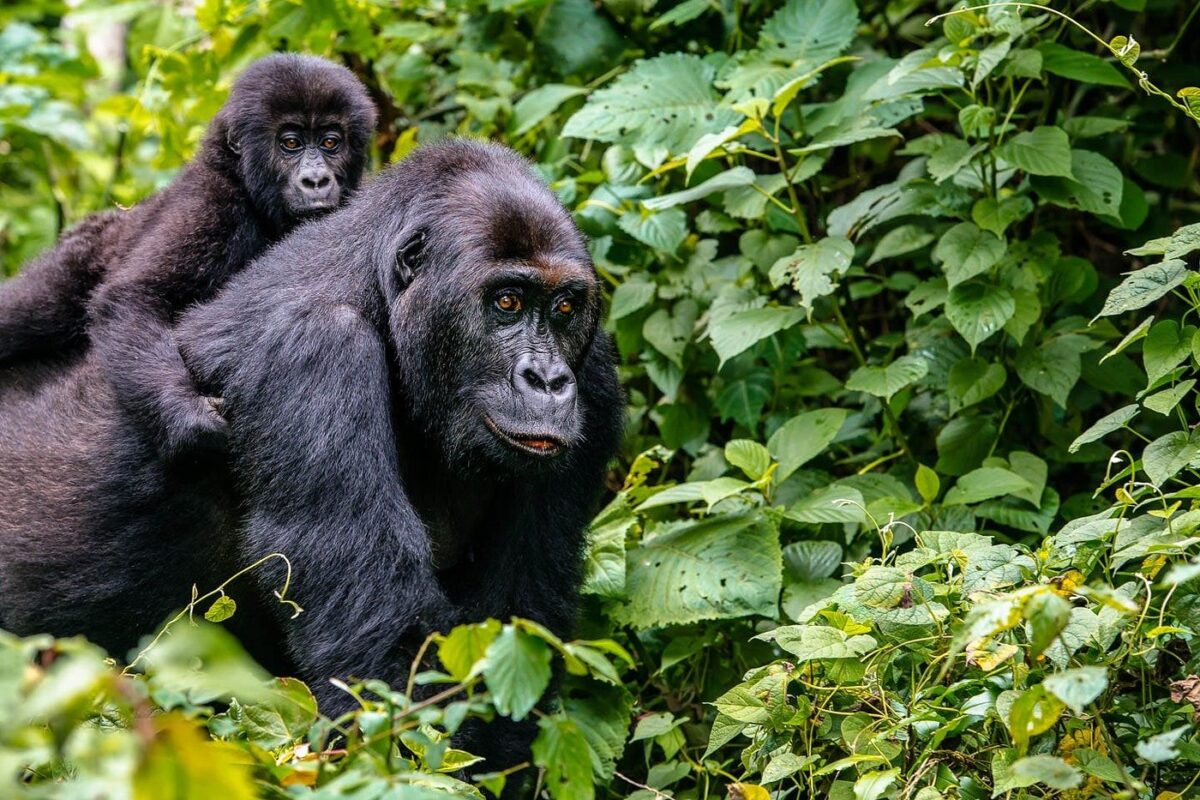Kwita Izina (Gorilla Naming Ceremony)
Kwita Izina, Rwanda’s annual Gorilla Naming Ceremony, is a unique cultural and conservation event that celebrates the birth of new gorillas in Volcanoes National Park. Rooted in a traditional Rwandan practice of naming newborns, this ceremony has evolved into a global event aimed at raising awareness about gorilla conservation. Each infant gorilla born in the park is given a name by conservationists, community leaders, or international figures, symbolizing the collective responsibility to protect them.

The event also highlights Rwanda’s commitment to wildlife preservation and sustainable tourism, drawing visitors from all over the world to partake in this joyous occasion.
Sustainability and Protection of Gorillas
Rwanda is a global leader in gorilla conservation, driven by robust measures to ensure the sustainability and protection of mountain gorillas. Efforts include habitat restoration, anti-poaching patrols, and community education programs. Volcanoes National Park serves as a haven for these endangered primates, with conservation policies strictly regulating tourism to minimize human impact. Gorilla trekking permits, for instance, are limited and carefully managed to ensure that the gorillas are not stressed or endangered by human presence. Collaborative initiatives between the Rwandan government, conservation organizations, and local communities have led to a steady increase in the mountain gorilla population, a testament to the success of sustainable practices.
Giving Back to the Community
A key aspect of Rwanda’s conservation success is its focus on giving back to the communities surrounding Volcanoes National Park. A portion of revenue from gorilla trekking permits and eco-tourism projects is reinvested in local development, including education, healthcare, and infrastructure. By involving local communities in conservation efforts, Rwanda has created a model where residents directly benefit from protecting wildlife. Programs such as revenue-sharing schemes and employment opportunities in tourism encourage communities to view gorillas as valuable assets, fostering a sense of stewardship. This harmonious balance between people and wildlife ensures that conservation efforts are sustainable and mutually beneficial.